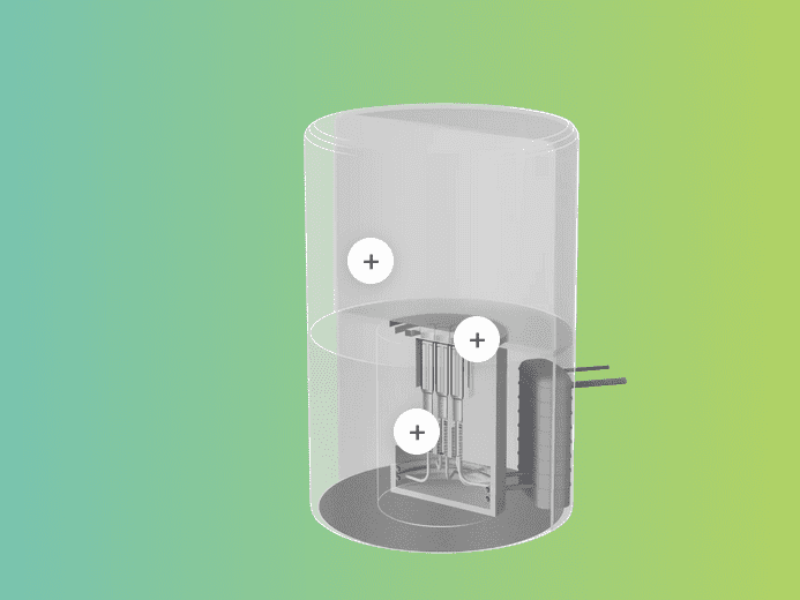New investments for Thorizon to further develop the Molten Salt Reactor
Thorizon’s vision it too use nuclear waste and molten salt technology to produce industrial heat that can be used for electricity generation.
The French/Ducth company, in this investment round supported by led by the Dutch National Promotional Institution, Invest-NL, backed by an InvestEU guarantee from the European Commission for the research part, with strong backing from Positron Ventures, PDENH, and Impuls Zeeland and all of Thorizon’s existing shareholders.
“With strong support from our investors and government partners, we are in a solid position to advance the development of Thorizon One,” said Kiki Lauwers, CEO of Thorizon. “Our mission is to drive nuclear innovation in Europe—enhancing energy security while reducing carbon emissions and burning long-lived nuclear waste. We welcome new strategic partners to join us in making Europe’s first molten salt reactor a reality.”
With this funding, Thorizon is advancing the development of the Thorizon One, a next-generation reactor that overcomes all traditional reservations against nuclear energy. The Thorizon One is engineered to deliver carbon-free energy while repurposing long-lived nuclear waste as fuel. Its modular design and innovative cartridge-based fuel system provide a scalable pathway to a circular nuclear economy. By harnessing molten salt technology, Thorizon is developing reactors that are inherently safe, cost-efficient, and faster to deploy than conventional nuclear plants—offering a practical solution to Europe’s clean energy transition.
Thorizon has forged key partnerships with Orano for fuel development, Tractebel for engineering, and VDL Groep for prototyping, while collaborating with EPZ for early operator input, and with EDF on R&D. Dutch and French nuclear regulators have initiated a joint preparatory review of the Thorizon One design, and the company is conducting pre-feasibility studies at three nuclear-designated sites in France and the Benelux, targeting construction by 2030.
Source: The Thorizon website
 If you enjoyed this article, you will like the following ones: don't miss them by subscribing to :
eeNews on Google News
If you enjoyed this article, you will like the following ones: don't miss them by subscribing to :
eeNews on Google News






